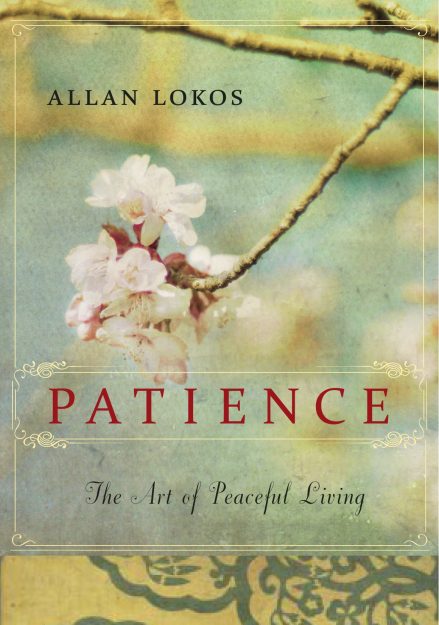What is there about the quality of patience that causes so many of us to respond to the very word with a sense of deficiency? “I don’t have enough,” we say, suggesting that patience is some sort of commodity.
The wonderful thing about patience, unlike commodities, is the more we use it, the more we offer it, the more we have. Also, by its nature, patience creates a spaciousness that lets us feel as if we have more time than we have ever had. Thus, patience can alter our everyday experience from one of anxiety and deficiency to one of peace and plentitude.
However, some of us have experienced so much impatience that we just assume we “do not have a lot of patience.” The current vernacular suggests that we are “hardwired” a certain way and we cannot change. In truth, what happens is, we experience an emotion and then too often attach to it as if it were an innate aspect of our very being. Some of us label ourselves “an angry person,” ignoring that the basic nature of sentient beings is more likely compassionate and kind, not angry and unpleasant. We allow ourselves to believe that anger and impatience are a part of who we are rather than understanding that they are simply feelings that arise. Like anything else that arises, feelings pass away. They do not define character.
Experiencing the repeated presence of impatience most likely indicates a level of fear and unhappiness. It is unpleasant but it is not a fixed, permanent condition. It means that we might want to sit quietly and examine the root causes of our impatience (here’s a hint: they are not outside of ourselves.) While we all experience impatience at times, we can learn not to react with our conditioned responses.
Commit to taking time each day to sit down, even for a few minutes, to practice detailed awareness of the workings of your mind. Just practice awareness. It is a sophisticated skill and takes time to learn, but even your initial efforts can yield benefits. This may be familiar ground for meditators but worth reexamination. Gently relinquish thoughts that will lead to dukkha (suffering, unhappiness, stress) and welcome thoughts that will lead to happiness. While ultimately patience is practiced in the company of others, the starting place is in your own mind.
♦

From Patience: The Art of Peaceful Living by Allan Lokos. TarcherPerigee, 2012.
Thank you for subscribing to Tricycle! As a nonprofit, we depend on readers like you to keep Buddhist teachings and practices widely available.
